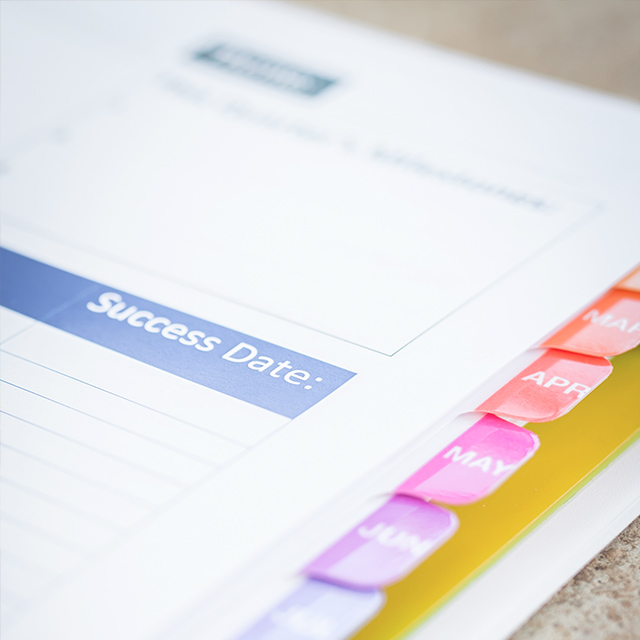
When you think ‘productivity,’ what comes to mind?
More specifically, how do you define it? Measure it? Know whether or not you’re achieving it?
A search of online dictionaries brings about the general, vague definition of productivity as generating or enhancing goods and services. Or, even less helpful, ‘the act of being productive.’
So, how do we define productivity? Especially if being productive is crucial to our work outcomes, performance reviews, or sense of fulfillment?
Let’s experiment for a moment and see if any of these examples resonate with you:
“I’m productive if I send at least 50 emails per day.”
“I’m productive if I cross everything off my to-do list.”
“I’m productive when I achieve a goal.”
You might consider these as starting points. But they prompt so many follow-up questions:
What if you don’t hear back from a single one of those 50 emails?
What if your to-do list is filled with busywork and you never actually move the needle on an important project or longstanding dream?
What about all the steps leading up to the goal achievement? Do they not count?
I’ve written about productivity numerous times over the years (here’s a recent example), and a good portion of my coaching work revolves around this topic as well. When someone tells me they want to be more productive, one of my first questions is:
What does that mean, look like, and even feel like to you?
Because sure, I could help you check more things off your list, but if you’re still wrapping up each week (or year) feeling like you have nothing to show for all your hard work, what difference have we really made?
In writing his latest book, Slow Productivity, Cal Newport discovered this lack of an agreed-upon definition as well, particularly when it comes to knowledge workers. Some of his survey respondents basically defined productivity as a variation of ‘working all the time.’ “This vagueness extends beyond the self-reflection of individuals,” Newport writes. “It’s also reflected in academic treatments of this topic.”
So – like the word ‘success’ – unless we can clearly define and measure ‘productivity’ for ourselves, we are likely either going to continually fall short of it, or we’re going to keep working and working towards an external definition we may not even agree with.
Here are a few questions you can ask to begin defining productivity for yourself:
When did you recently feel satisfyingly productive (or what I refer to as ‘purposefully productive’)? What specifically led to that experience?
When you reflect on your day before going to bed at night, how do you most want to feel? What needs to take place during the day to help that feeling come about?
What are your core values? How do they align with your sense of productivity?
Twenty, fifty, or a hundred years from now, what do you most want people to say or remember about you? Does your to-do list reflect that in some way?
Sure, your employer’s definition and other factors may contribute to how you measure productivity. But don’t leave yourself, your values, and your sense of fulfillment out of the equation. And don’t let society decide for you, either.
What themes will you include in your own personal definition of productivity? How will you measure it, even if it’s not with a quantitative or replicable measuring stick? Share your ideas below or via social media!





